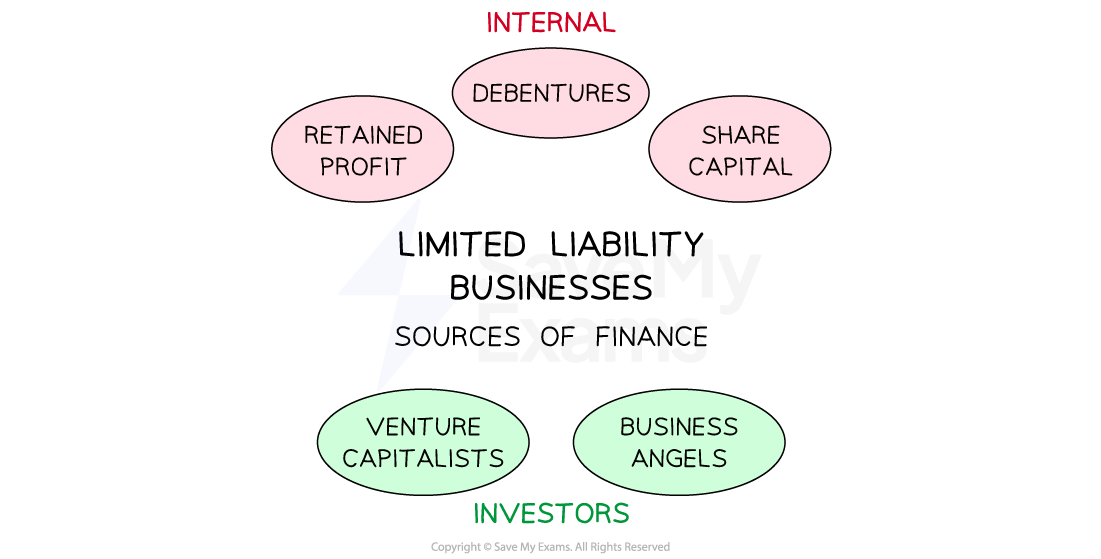Limited & Unlimited Liability
- The most common forms of business ownership are sole traders, partnerships, private limited companies, public limited companies, and franchises (see sub-topic 1.5)
- When an entrepreneur starts a business, they need to consider what kind of legal structure they want for their business
- Sole traders and partnerships offer no legal protection to the owners in that the business assets and the owner's personal assets are viewed as being the same (unlimited liability)
- The other forms of business ownership offer limited liability in which the assets of the owners are considered to be separate from those of the business
A Comparison of Unlimited & Limited Liability
Liability |
Description |
Implications |
|
Unlimited liability |
|
|
Limited liability |
|
|



